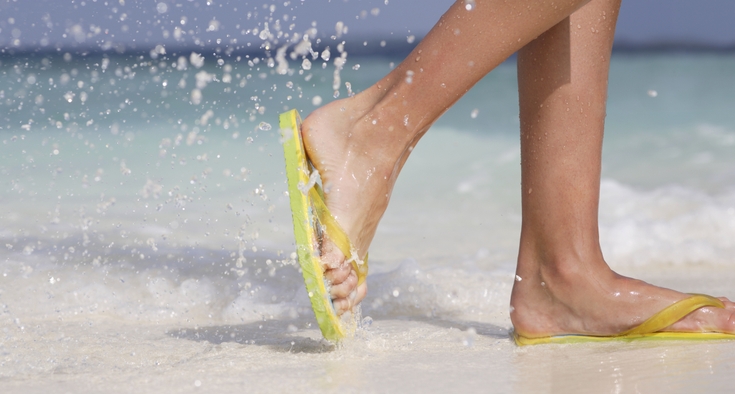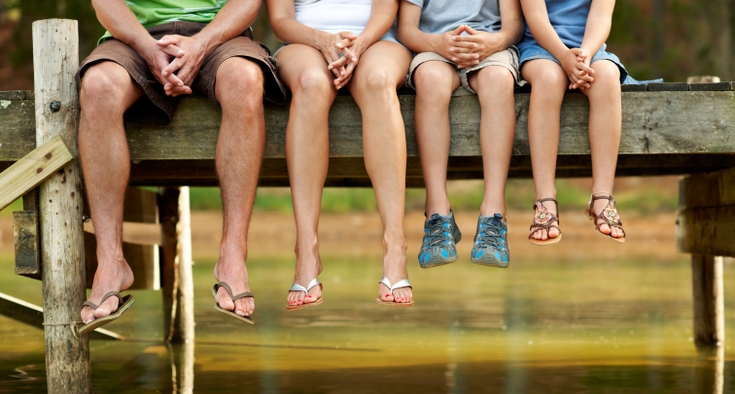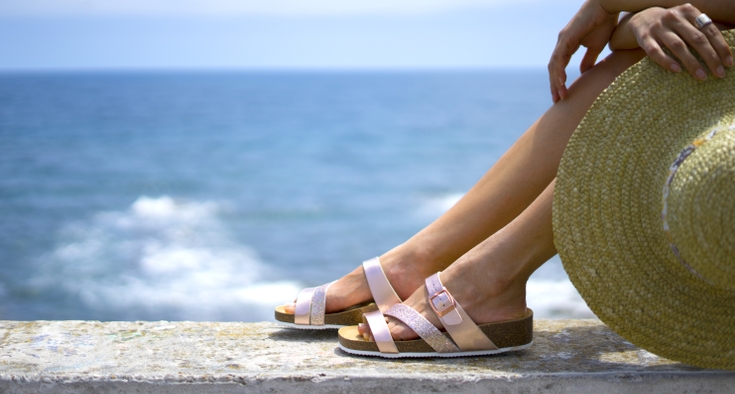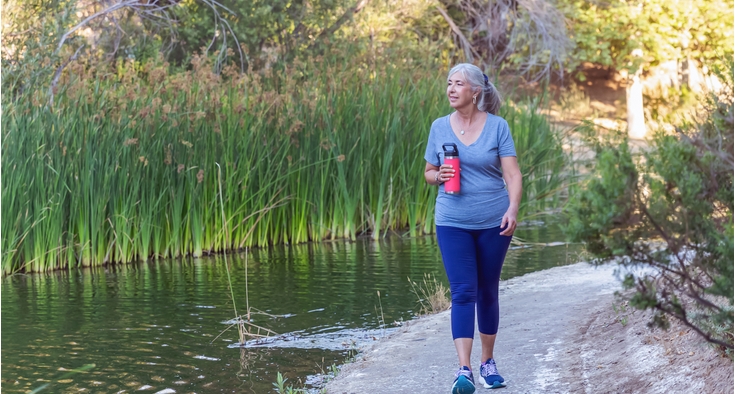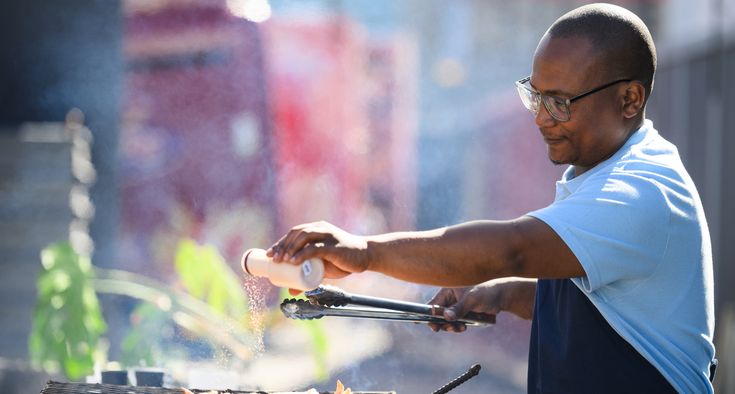Going barefoot on the beach and in the ocean is one of life’s great pleasures. But it’s also a big safety gamble.
That’s because sharp objects -- like shells, litter and shards of glass -- lurk undetected in the sand and pose a risk of slicing open a foot, toe or heel.
“There’s also the potential to burn the soles of your feet,” said certified family nurse practitioner Betsy Paul of Novant Health Urgent Care – Myrtle Beach. “Never go barefoot, because sand can reach temperatures of up to 120 degrees.”
That goes for water parks too, where concrete surfaces are constantly exposed to the sun. Wearing comfortable water shoes or sneakers with good grip can help prevent painful injuries, infections and long recoveries. But avoid flip-flops, which are not a supportive option and when wet can cause slipping or an ankle sprain.
Care when you need it, seven days a week.
The right footwear can also help fight off foot and toenail fungus and sidestep a potential jellyfish sting.
Paul and the Novant Health Urgent Care clinic staff are available to treat all the aforementioned maladies by offering walk-in services seven days a week.
Here, Paul weighs in with what to know before you kick off those shoes.
Why is it important for people to protect their feet while they are at the beach?
We’re constantly explaining to patients that shells and other objects can be as sharp as knives. One wrong land could lacerate the bottom of your foot. A foot laceration is a dirty laceration. You have to keep it clean, and you’ll likely be limping for several weeks as you recover. Your fun time can turn into a bummer time very quickly.
What are the most common beach-related foot injuries?
We treat a lot of second- and third-degree burns to the bottoms of the feet. You should aim to be overprotective when it comes to your child’s feet. Only a thick rubber sole can protect them from hot sand and sharp stray objects.
For deep cuts, it’s important to pay close attention to what caused it: Was it a shell? A fish? A piece of glass or trash? Complications can arise if your child hasn’t had their tetanus vaccine, which is administered at various ages as part of the DTaP, Tdap, and Td series.
What other safety precautions should people take this summer?
Drownings: The ocean is a brutal beast. Never swim at a beach without lifeguards, and always use the Buddy System when in the water. Knowing the beach forecast ahead of time can help avoid undertows and rip currents. And never take your eyes off of your children.
Sunburns: Ultraviolet radiation can cause skin cancer, the most common type of cancer. Wear long sleeves, sunglasses and a hat to cover up, even on cloudy days. Make sure to reapply sunscreen of at least SPF 15 every time you get out of the water, and every two hours in the sun. And remember to drink plenty of water, as sunburns make dehydration worse.
Summer camp preps: Is your child up-to-date on their immunizations? Have you filled out your child’s camp permission forms? These help ensure that your kid has access to sunscreen and OTC pain meds like Tylenol while away from home.





